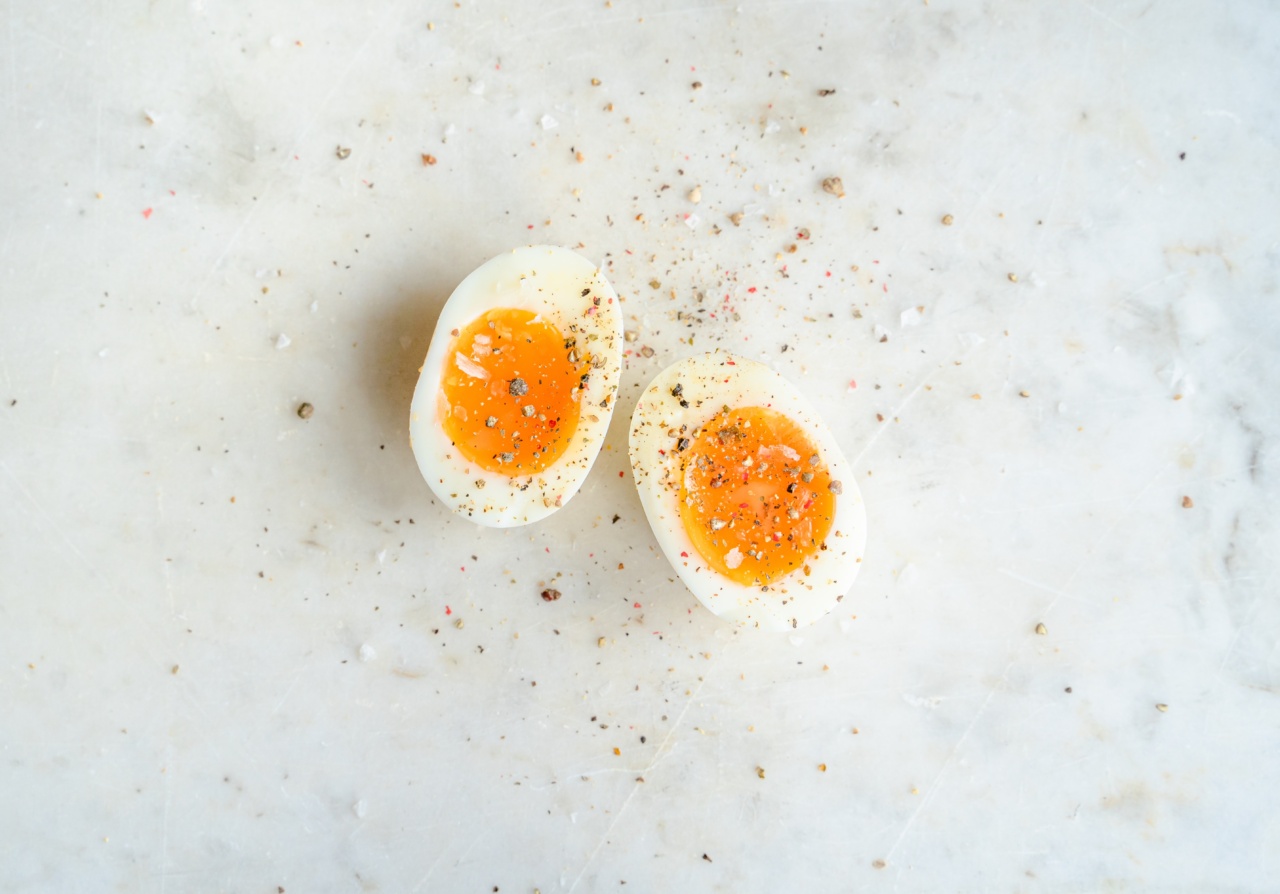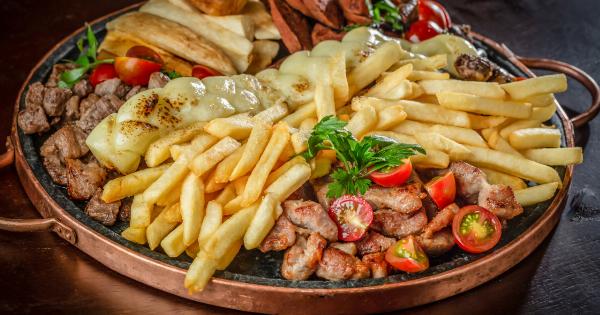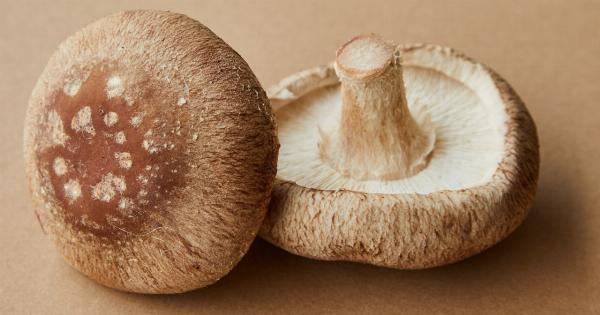If you are looking to build muscle, you know how important it is to have the right diet and protein intake. Building muscle requires a combination of intense workouts, sufficient rest, and a well-balanced diet.
In this article, we will uncover the secrets to the perfect diet and protein for muscle building.
The Importance of Diet for Muscle Building
When it comes to muscle building, your diet plays a crucial role. A well-planned diet provides the necessary nutrients for muscle recovery and growth. Here are some key points to keep in mind:.
1. Caloric Surplus
In order to build muscle, you need to consume more calories than you burn. This is known as a caloric surplus. Eating in a caloric surplus provides your body with the extra energy it needs to support muscle growth.
2. Protein Intake
Protein is the building block of muscles. It is essential for repairing and building new muscle tissues. Aim to consume around 1 gram of protein per pound of body weight.
Good sources of protein include lean meats, fish, eggs, dairy, and plant-based proteins such as tofu and tempeh.
3. Carbohydrates for Energy
Carbohydrates are an important source of energy for your workouts. They fuel your muscles and provide the necessary glycogen stores. Opt for complex carbohydrates like whole grains, fruits, and vegetables for sustained energy throughout the day.
4. Healthy Fats
Healthy fats are crucial for hormone production and overall health. Include sources such as avocados, nuts, seeds, and olive oil in your diet. However, be mindful of portion sizes as fats are calorie-dense.
5. Nutrient Timing
Timing your meals is important to optimize muscle growth. Aim to have a protein-rich meal or snack within 30 minutes after your workout to take advantage of the muscle-repairing window.
Additionally, spreading your protein intake evenly throughout the day helps maintain a positive nitrogen balance.
6. Hydration
Staying hydrated is essential for muscle function and recovery. Aim to drink at least 8 glasses of water per day and increase your intake during intense workouts or hot weather.
The Role of Protein in Muscle Building
Protein is an essential macronutrient for muscle growth. It provides the necessary amino acids to repair and build new muscle tissues. Here’s what you need to know about protein:.
1. Complete vs. Incomplete Proteins
Complete proteins contain all nine essential amino acids, while incomplete proteins lack one or more essential amino acids. Animal-based proteins like meat, fish, eggs, and dairy are complete sources of protein.
Plant-based proteins such as legumes, grains, and nuts are incomplete sources, but can be combined to form complete proteins.
2. Protein Timing
Distributing your protein intake evenly throughout the day is important for muscle building. Aim to consume 20-30 grams of protein per meal or snack. This helps optimize muscle protein synthesis and promotes muscle recovery.
3. Protein Supplements
Protein supplements such as whey protein powder or vegan protein powders can be used to meet your daily protein needs conveniently. However, they should not replace whole food sources of protein in your diet.
Supplements should supplement, not substitute, a well-rounded diet.
4. Types of Protein Supplements
There are various types of protein supplements available, including whey protein, casein protein, soy protein, and pea protein. Each type has its own benefits and considerations. Choose a protein supplement that suits your dietary preferences and goals.
5. Timing Protein Consumption
Consuming protein before and after workouts can enhance muscle protein synthesis and aid in recovery. Pre-workout protein provides the necessary amino acids for your workout, while post-workout protein helps kickstart the muscle repair process.
Conclusion
Building muscle requires a well-planned diet and adequate protein intake. Ensure you are in a caloric surplus, consume enough protein, include carbohydrates for energy, and include healthy fats in your diet.
Timing your meals and staying hydrated are also important factors. Incorporate protein supplements if needed, but remember that whole food sources should be the foundation of your diet. By following these muscle-building secrets, you will be on your way to achieving your goals and getting the results you desire.





























